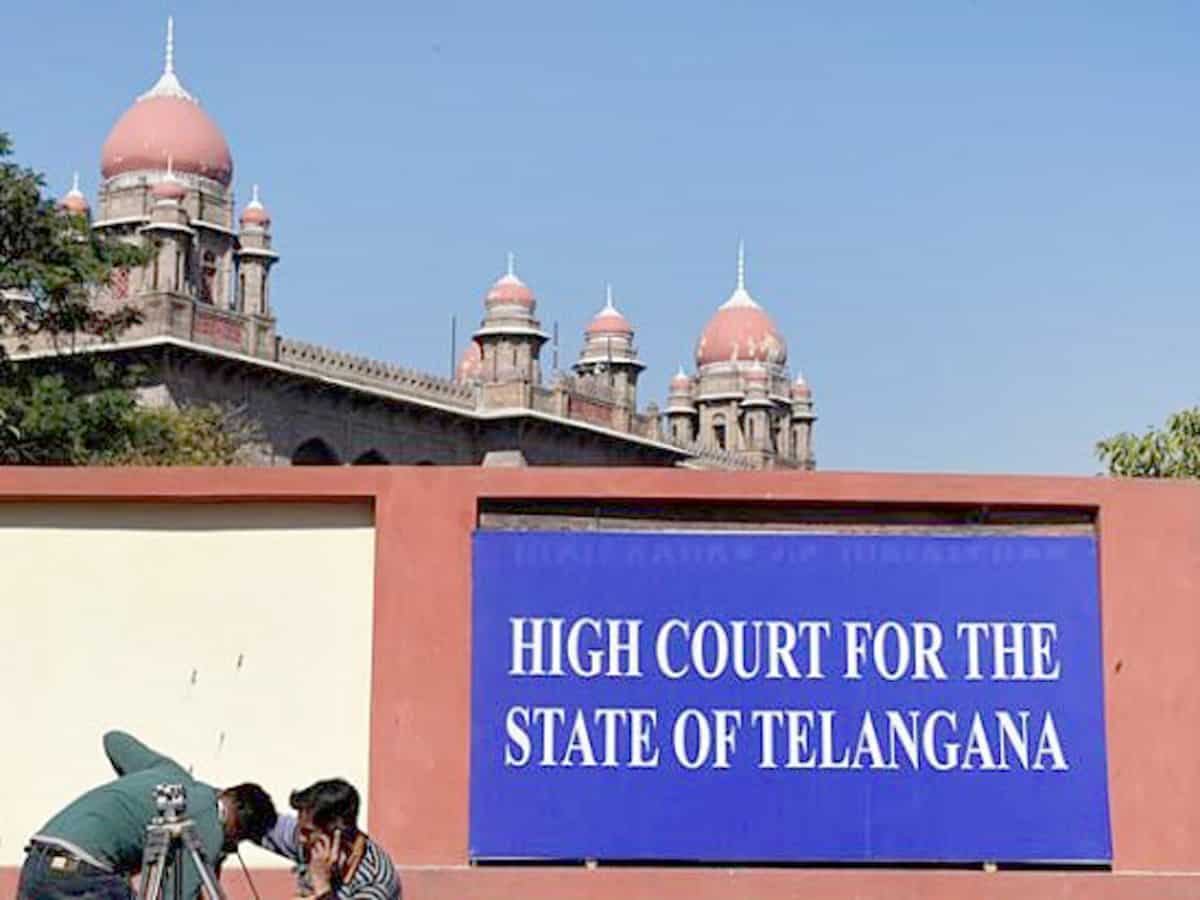
Hyderabad: Justice T Madhavi Devi of the Telangana High Court has quashed disciplinary actions taken by Maulana Azad National Urdu University (MANUU) against Mohammed Shamsuddin Adil, a computer operator accused of sexual harassment.
The court found that the actions were marred by procedural irregularities and violations of principles of natural justice.
Case dates back to 2013
The case dates back to 2013 when Adil was terminated following allegations made by a second-year diploma student.
His termination was executed under Rule 5 of the Central Civil Services (Temporary Service) Rules, 1965, without conducting a formal inquiry or issuing a charge sheet.
Adil challenged this decision, asserting that it violated his rights under natural justice principles.
Following representations made by Adil, the university withdrew the termination but placed him under suspension pending further proceedings.
An internal complaints committee, known as PADASH, subsequently found him guilty of misconduct and imposed penalties, including withholding two annual increments and treating the suspension period as “dies non,” effectively placing him on fresh probation.
Adil contended that these actions were procedurally flawed due to the absence of a formal chargesheet and proper inquiry as required under the Central Civil Services (Classification, Control & Appeal) Rules, 1965.
University failed to initiate formal inquiry: HC Judge
Justice Madhavi Devi observed that while PADASH conducted a preliminary investigation, the university failed to initiate a formal inquiry as mandated by the rules.
The judge noted that Adil was not given an opportunity to examine evidence or cross-examine witnesses, rendering the disciplinary process legally unsustainable.
Referring to guidelines issued by the Government of India in 2015 for addressing sexual harassment cases, Justice Devi emphasized the necessity for a two-stage process.
While the PADASH committee’s investigation constituted the first stage, the lack of a formal inquiry at the second stage represented a significant procedural lapse.
MANUU defends its actions
The university defended its actions, stating that the penalties were based on the committee’s findings and subsequently ratified by its executive council.
However, Justice Devi ruled that procedural compliance is indispensable, even in serious allegations such as sexual harassment.
As a result of her findings, Justice Madhavi Devi quashed the penalties imposed on Adil, underscoring the importance of adhering to established procedures in disciplinary matters.

